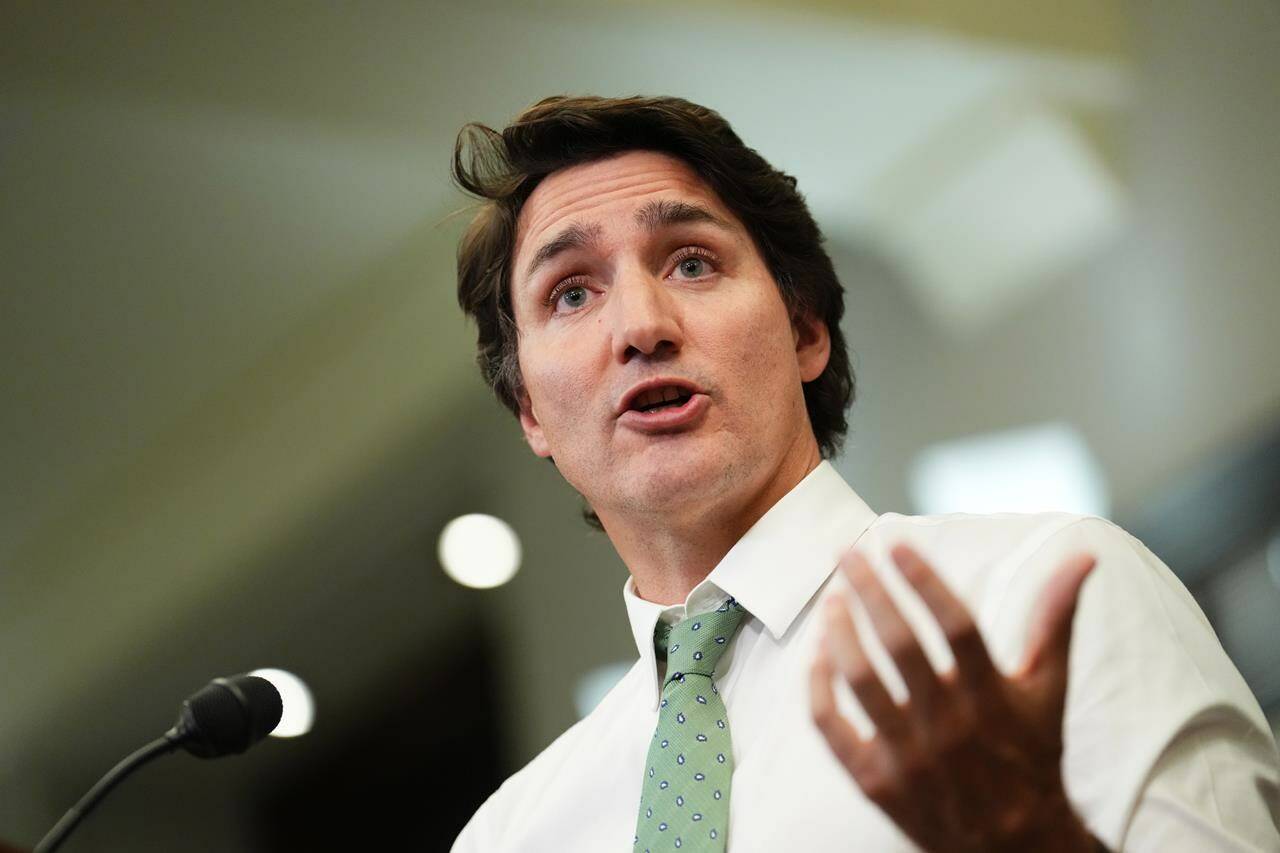The provincial government will ask the federal government to give British Columbians the same support for switching away from heating oil, which Canadians elsewhere received Thursday (Oct. 26).
“B.C. Ministers will be meeting with their counterparts to insist that the federal government come back to the table and ensure British Columbians using heating oil have access to the same federal rebates as announced yesterday for other provinces,” Jeremy Uppenborn, a spokesperson for the Ministry of Energy, Mines and Low Carbon Innovation said Friday.
These comments come after the federal government announced — much to the surprise of B.C — that Ottawa would stop collecting the federal carbon tax for three years on home heating oil starting in two weeks.
Because the federal carbon tax does not apply to B.C. because the province has its own tax, the federal move disadvantages British Columbians, who use oil to heat their homes.
Estimates peg the number of homes who use heating oil between 25,500 to 39,000 homes. Available 2020 figures show that 80 per cent of residences using oil as the primary source are located on Vancouver Island, 10 per cent in the south, eight per cent in the Lower Mainland and four per cent in the north.
While these figures confirm the relatively small share of heating oil in the home-heating energy mix of B.C. when compared to other provinces, the federal move still means British Columbians who use heating oil do not get the same benefits as other Canadians.
“Staff are analyzing the details of the federal announcement but B.C. is looking at options to further assist households that are currently reliant on oil for home heating,” Uppenborn added.
RELATED: Rebate, pause, as Trudeau deflects carbon price burden for rural Canadians
The federal announcement also announced new incentives to support the switch toward electric heat pumps with the four provinces in Atlantic Canada receiving the benefits first as part of a pilot project.
Under the federal measures, low-to median-income households heating their homes with oil will receive an upfront payment of $250 if they sign up for a heat pump through a joint federal-provincial government program.
Ottawa also announced more money for a joint program with provinces and territories. It will increase from $10,000 to $15,000 the amount of federal money eligible homeowners can receive, adding up to an additional $5,000 in grant funding to match provincial and territorial contributions. Ottawa says this move would make the average heat pump free for lower income households.
But B.C. — which already offers up to $6,000 in rebates for heat pumps and up to $9,500 for low-income households — has to wait.
“B.C. is disappointed that Canada is moving forward first with other provinces that have weaker climate plans,” Uppenborn said, adding that the province has long advocated for co-delivery of federal and provincial rebates for people switching from fossil fuels to heat pumps to make the process easier to access supports from both levels of government.
The federal move has revived historic memories of the federal Liberals treating B.C. and western Canada differently than other parts of the country, a point coming through in comments from premiers of Alberta and Saskatchewan, who have argued that Ottawa should also give natural gas users a break. Their criticism, however, stems from the fact that they oppose the carbon tax.
Ministers in B.C., meanwhile, have not only criticized the substance of the announcement, but also its communication.
“B.C. wasn’t informed about any of the elements of the announcement until yesterday, shortly before the public announcement,” Uppenborn said.
This point also rings through in the joint statement from Environment Minister George Heyman and Energy Minister Josie Osborne issued Thursday afternoon.
“We just learned of this federal announcement, which is unfortunate, because B.C. is leading Canada with our CleanBC climate action plan,” they said. “We expect better partnership from the federal government.”
@wolfgangdepner
wolfgang.depner@blackpress.ca
Like us on Facebook and follow us on Twitter.

